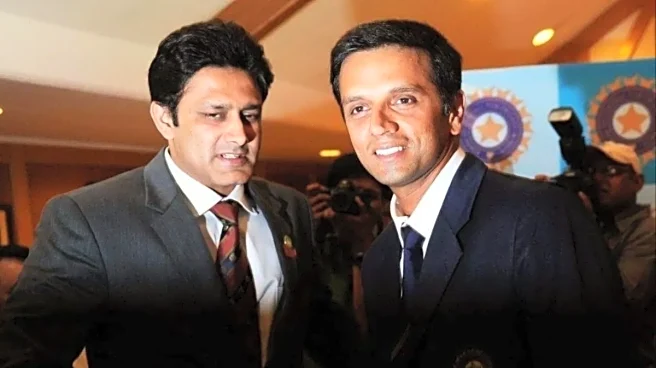Generation Z born between the mid-1990s and early 2010s is often labelled the most connected generation in history. With social media, digital learning, and the gig economy, they have access to unprecedented
opportunities but also face immense pressure. Most of them scroll through Instagram reels first thing in the morning and see everyone else seemingly doing better than they are. Suddenly, their coffee doesn’t taste right, their outfit feels awful, and they’re already anxious about the day ahead.
“It’s not just FOMO anymore,” says Dr Malini Saba, Psychologist, Businesswoman, Human & Social Rights Activist, and Founder, Saba Family Foundation. “It’s the constant, invisible pressure to be perfect all the time, perfect grades, seamless hustle, flawless selfies. Even when they’re doing well, it still feels like it’s never enough.”
Life in Overdrive
Between classes, work, internships, online courses, reels, vlogs, and side hustles, Gen Z is expected to excel at everything. There are no boundaries anymore; even when they’re “offline,” their minds are still racing. They check messages, think about that forgotten assignment, or worry whether they’re doing enough compared to everyone else.
According to Dr Saba, this nonstop stimulation has created a generation living in mental overdrive. “Some of them lie awake at night asking themselves if they’re falling behind or failing somehow,” she explains. “This chronic overthinking and comparison fatigue can lead to severe anxiety, emotional exhaustion, and even early burnout.”
Hustle Culture Is Real
Many Gen Z individuals take pride in being busy as though busyness equals success. But as Dr. Saba points out, “Busyness isn’t a badge of honour; it’s often just tiredness disguised as productivity.” While they feel validated by ticking off to-do lists and maintaining a constant stream of activity, the result is often quiet burnout.
Hustle culture glorifies non-stop work, but Dr. Saba reminds us that real success comes from balance, not burnout. “When work and identity merge too tightly, people lose sight of who they are outside of achievement. Learning to rest is as important as learning to perform.”
Setting Boundaries
Learning to set limits is essential for a meaningful and sustainable life. Turning off notifications, taking digital breaks, putting the phone away, deleting unnecessary apps, scheduling time to reply to emails and messages, and stepping away from the endless scroll can make a significant difference.
“Boundaries aren’t barriers,” says Dr. Saba. “They’re self-respect in action. Even if you disconnect for just 30 minutes, the world won’t end because you didn’t reply immediately.”
Tiny Self-Care Wins
Self-care doesn’t have to be expensive or elaborate. A short walk, writing down your thoughts, meditating, reading, painting, dancing, or simply eating without looking at your phone counts too.
Dr. Saba emphasizes that seeking help is not weakness but courage. “Talk to someone if it feels heavy, a friend, a counsellor, or a therapist. It’s not indulgent to take care of yourself; it’s survival. And little by little, these small acts of self-care add up to emotional strength and fulfilment.”
Redefining “Success”
Success isn’t about doing everything perfectly. It’s about surviving, breathing, sometimes failing, and still getting back up. It’s okay to pause. It’s okay to experience distress. It’s okay to rest.
“Resting doesn’t mean you’re lazy,” explains Dr. Saba. “It means you’re human. You can’t pour from an empty cup. Life is long why burn out early?”
A Generation of Possibility
Gen Z is full of energy, ideas, and ambition but the pressure to perform can be crushing. Dr. Saba urges this generation to remember that self-worth isn’t measured in productivity metrics or social media validation. “Set boundaries. Take care of yourself. It’s okay not to do everything, not to be perfect, and just to exist sometimes. Your mental health is your foundation, it’s what helps you flourish and thrive.”


/images/ppid_a911dc6a-image-177103853218557950.webp)





/images/ppid_a911dc6a-image-17710364781122582.webp)
/images/ppid_a911dc6a-image-177103642565816962.webp)
/images/ppid_a911dc6a-image-177103504309993710.webp)
/images/ppid_a911dc6a-image-177103508492594205.webp)


